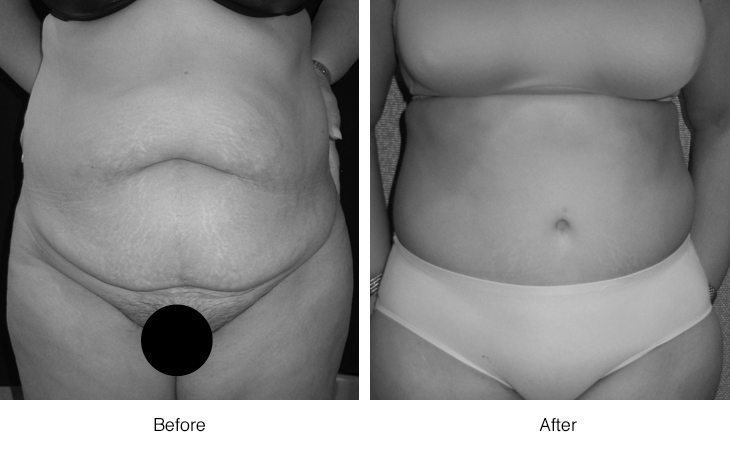Whether it’s labiaplasty or breast reduction or a face lift, sometimes it seems like the media are working overtime to try to scare people away from plastic surgery. Horror stories are exploited everywhere: on daytime talk shows, in tabloids, and on late-night news programs. In fact, if you do a Yahoo search on “botched plastic surgery,” you’ll gets lists of the worst plastic surgery operations and links to news stories where people talk about some quack that caused them irreparable harm.
Given all of the horror stories, you’d think that people would be terrified of plastic surgeon. However, most people are proving too intelligent to buy into the sensationalism. People all over the country, and in fact, throughout the world, are still flocking to plastic surgeons, according to recent surveys and studies, understanding that there are quacks and bad doctors in any field.
The truth is that risks associated with cosmetic and reconstructive surgery are low compared to most other surgical procedures. And they’re even lower if you make sure to find a board certified, reputable doctor to perform the procedure. When you find a qualified surgeon, make sure you consult with her first to find out what exactly is involved.
This is not to say that there aren’t risks involved. There are. Some could include scarring, temporary swelling, bruising, weakness, numbness and tingling at the area of the operation. Sometimes a touch up procedure may be necessary if the healing is irregular. However, major negative side effects are quite uncommon. And of course, how successful any surgery is, depends a lot on your age, health, weight, body make-up, and genetic issues. Something to keep in mind: One survey found that the risk of serious complications in any plastic-surgery procedure is only about a half of one percent.
Some other negative effects sometimes experienced are not so much physical as emotional. A handful of people regret having changed their bodies, and they want to go see the surgeon again to revert back to their original appearance. At the other extreme are those who actually become addicted to plastic surgery, going back for one procedure after another. However, a qualified plastic surgeon usually will be able to assess whether the patient is emotionally able to undergo the operation. When counseled properly in this way, very few people have any emotional regrets or physical issues.
Bottom line: Any surgery including labiaplasties, vaginaplasties or any other plastic surgery procedures are something to take seriously—but not something to worry about. Excessively.


